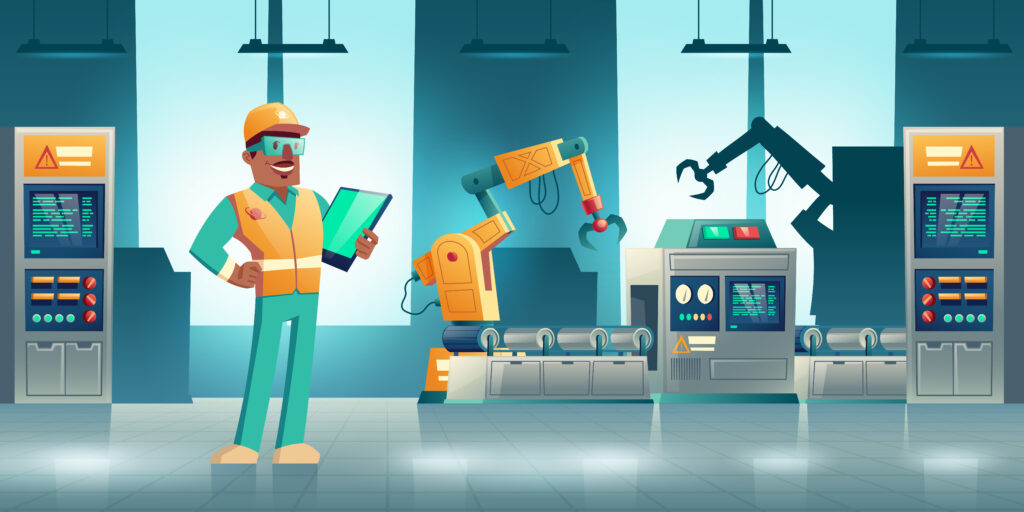Import of Industrial Machinery


The import and export of industrial machinery play a crucial role in global trade, enabling countries to access advanced technology and boost their manufacturing capabilities. Importing industrial machinery allows nations to acquire specialized equipment and cutting-edge technology not available locally, enhancing efficiency and productivity across various sectors. This includes everything from CNC machines and conveyor systems to heavy-duty presses and industrial robots.\n\nExporting industrial machinery opens up new markets for domestic manufacturers, fostering economic growth and innovation. It supports job creation and increases revenue streams by tapping into the global demand for high-quality machinery. Key players in this trade include manufacturers, traders, freight forwarders, and customs brokers who manage logistics and regulatory compliance.
Import-export involves the global trade of goods and services between countries, crucial for economic growth and access to diverse products. Imports are goods and services brought into a country from abroad, including raw materials, consumer products, and technological innovations. Exports are goods and services produced domestically and sold to foreign markets, contributing to national income and industry growth. This trade allows countries to specialize in producing what they are most efficient at, fostering international cooperation and economic interdependence. Key players include manufacturers, traders, freight forwarders, and customs brokers, who navigate complex regulations and logistics. Import-export balances supply and demand across borders, enhancing global market accessibility and consumer choice.Challenges in this sector include navigating tariffs, customs regulations, and ensuring machinery meets international standards. Currency exchange rates and geopolitical factors can also impact trade.
